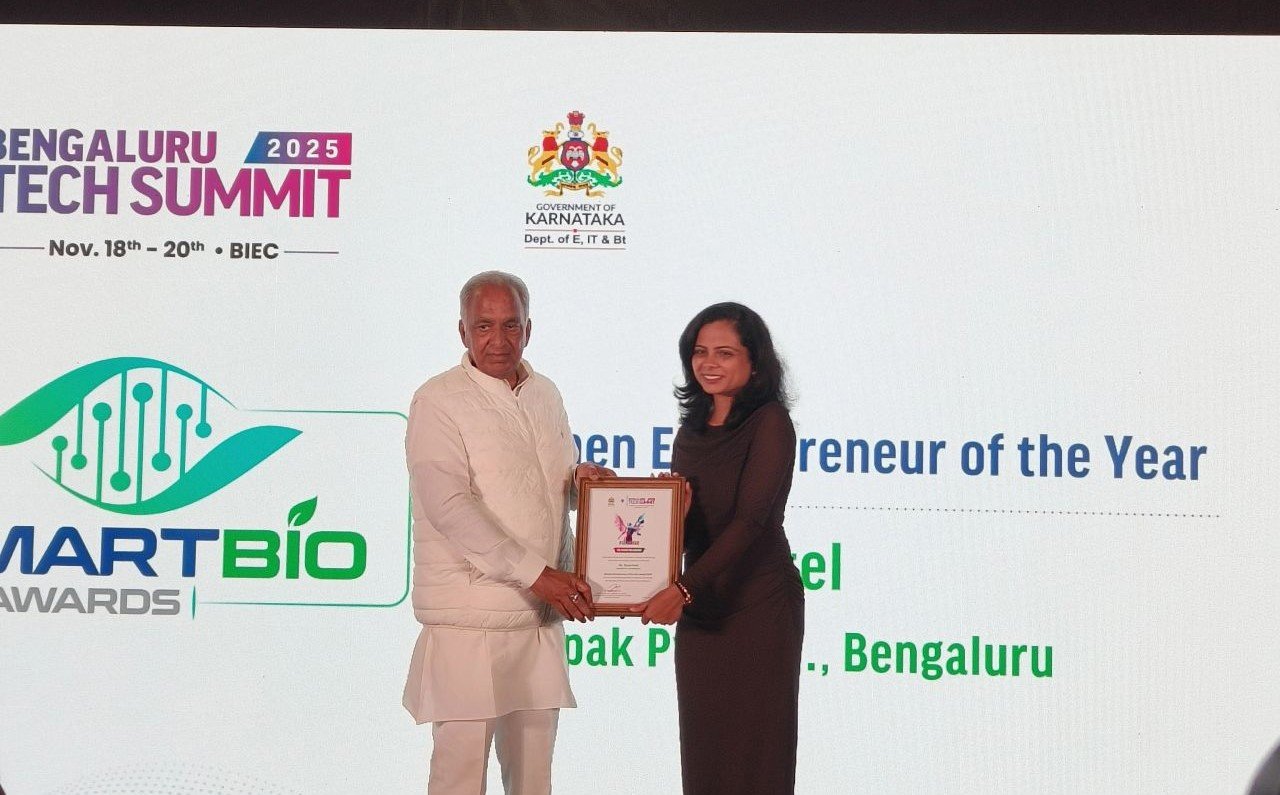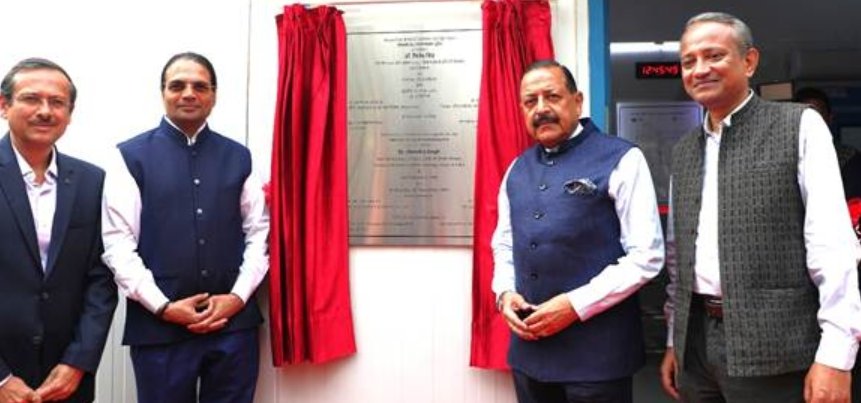Nasal vaccines: The way forward to tackle COVID-19?
May 14, 2021 | Friday | Views
The advantages of nasal vaccines over conventional approaches to administration, such as ease of administration without needles, are largely responsible for the development
Image Credit: shutterstock.com
A nasal vaccine delivers a dose which goes right into the respiratory pathways. The vaccine is either injected through a nasal spray or delivered as an aerosol. According to Reports and Data, the nasal vaccine is expected to register a significant CAGR from 2020 to 2027. The advantages of nasal vaccines over conventional approaches to administration, such as ease of administration without needles, are largely responsible for the development. As a result, there are less problems with needle-stick accidents and disposal. This path also provides easy access to a critical part of the immune system that can activate other mucosal sites in the body. Nasal vaccine products have become more common among adults and children, resulting in a growing pipeline of nasal delivery technology.
New technologies are expected to enhance nasal vaccines industry growth as particular attention is being paid to designing delivery strategies that take into account the broad range of diseases, populations and healthcare delivery settings that will benefit from the mucosal route of delivery. Key challenges for the nasal vaccines industry includes translating in vivo data to clinical outcomes.
For instance, Rokote Laboratories Finland Ltd is preparing to introduce the COVID-19 nasal spray vaccine, which uses gene transfer technology. The technology, which was established at the University of Eastern Finland by Professor Seppo Ylä-research Herttuala's group, has already been successfully used in many clinical trials with gene therapy to treat cardiovascular diseases and cancer. It employs a safe adenovirus carrier with a cloned DNA strand that induces nasopharyngeal cells to produce virus protein, resulting in a vaccine response.
The COVID-19 crisis has created considerable demand in the vaccine market and various vaccine manufacturers are working to bring nasal vaccines for COVID-19 to the market. according to the World Health Organization (WHO), all the Covid vaccines that are in Phase 3 trials, are administered by injection. But vaccine manufacturers have found through survey in the US that 23 per cent of the people did not want to take the vaccine if a needle is used but one third of this 23 per cent said that they will be willing to take the vaccine if other means of administration is used. Research shows that alternative means of vaccine administration in the US can bump up the number of people vaccinated by 19 million in the US and probably enough for the country to reach herd immunity.
Nasal vaccines are also beneficial in countries like India, which is suffering from a huge Covid surge in 2021. India, where infrastructure is weak and logistics networks are slow, it is much easier to use a nasal vaccine that can be stored for months at room temperature rather than vaccines like that of Pfizer-BioNTech of Moderna that require to be stored in ultra-cold temperatures.
India is one of the leading vaccine producers and exporters in the world and manufacturers here are also working to produce nasal vaccines for COVID-19. For instance, Serum Institute of India and Bharat Biotech will begin late-stage clinical trials of intranasal COVID-19 vaccines in the coming months. Bharat Biotech had signed a licensing agreement with Washington University School of Medicine (WUSM) for a single-dose intranasal Covid vaccine based on chimp adenovirus.
For most microbes, the nasal mucosa is the first barrier they must overcome. This mucosa itself is very immune-competent. It has been found that even small amounts of antigen elicit a protective response. It is also a clear advantage, that nasal vaccination induces both mucosal and systemic immunity. On the other hand, intramuscular vaccination mainly induces systemic immune response. Nasal vaccines are becoming the focus for the COVID-19 vaccine as the nasal administration of the vaccine blocks the infection from being transmitted from one person to the other.
One of the few challenges that the nasal vaccine market is expected to face is that for millions of people, aiming a vaccine up the nostril might seem less than true inoculation as for the last 100 years, vaccines have been mainly associated with a syringe.
Paroma Bhattacharya, Senior Content Writer, Reports and Data










